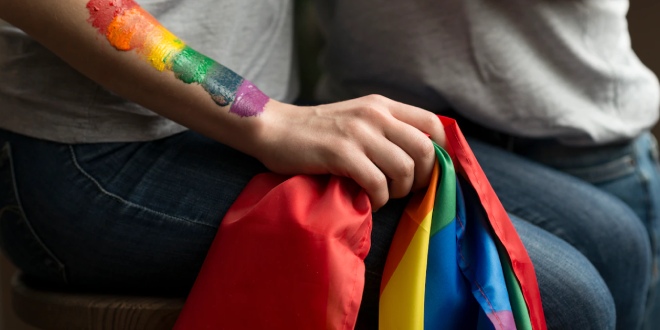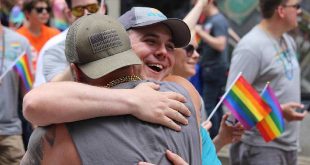In today’s world, acceptance and support are crucial elements for individuals seeking rehabilitation. The LGBTQ+ community, in particular, faces unique challenges when it comes to finding inclusive and understanding healthcare providers. In this article, we will explore the importance of LGBTQ+-friendly rehab centers and doctors, and how they play a vital role in the recovery journey of individuals from the LGBTQ+ community.
Understanding LGBTQ+ Needs: LGBTQ+ individuals often encounter specific issues related to their sexual orientation or gender identity. It is essential for rehab centers and doctors to recognize and understand these unique needs. From addressing trauma associated with discrimination to providing resources for sexual health, LGBTQ+-friendly rehab centers and doctors create safe and supportive spaces where individuals can feel understood and valued.
Creating Safe and Inclusive Environments: LGBTQ+-friendly rehab centers and doctors prioritize creating an atmosphere of acceptance and inclusivity. They ensure that their facilities and practices are welcoming to individuals of all sexual orientations and gender identities. From using gender-affirming language to implementing LGBTQ+-specific policies, these centers and doctors actively promote an environment where individuals can be their authentic selves without fear of judgment or discrimination.
Cultivating Trust and Open Communication: Rehabilitation is a vulnerable process, and trust between patients and healthcare providers is essential. LGBTQ+-friendly rehab centers and doctors strive to build trusting relationships with their LGBTQ+ patients. They encourage open communication, actively listen to patients’ concerns, and ensure confidentiality. This trust allows individuals to share their experiences, fears, and aspirations, facilitating a more effective and tailored treatment approach.
Knowledge and Competence: LGBTQ+-friendly rehab centers and doctors are knowledgeable about LGBTQ+ health issues, including substance abuse patterns, mental health disparities, and the impact of societal stigma. They undergo training and stay updated on the latest research to better understand the specific challenges faced by LGBTQ+ individuals. This knowledge enables them to provide evidence-based care and appropriate interventions that are sensitive to the unique needs of the LGBTQ+ community.
Collaborating with LGBTQ+ Support Networks: Rehab centers and doctors that prioritize LGBTQ+ inclusivity actively collaborate with LGBTQ+ support networks and organizations. They understand the importance of connecting patients with community resources, such as LGBTQ+ advocacy groups, support groups, and counseling services. By fostering these connections, individuals in recovery can build a strong support system, reducing feelings of isolation and increasing the likelihood of successful rehabilitation.
Celebrating Diversity and Empowering Recovery: LGBTQ+-friendly rehab centers and doctors celebrate the diversity within the LGBTQ+ community. They acknowledge the strength and resilience of LGBTQ+ individuals, empowering them to embrace their identities throughout the recovery journey. By incorporating LGBTQ+ affirming practices, such as displaying inclusive artwork or hosting LGBTQ+ community events, these centers and doctors create an environment that uplifts and supports individuals in their pursuit of a sober and fulfilling life.
The importance of LGBTQ+-friendly rehab centers and doctors cannot be overstated. By understanding and addressing the specific needs of LGBTQ+ individuals, these professionals provide a lifeline of acceptance and support. Through creating safe and inclusive environments, building trust, and cultivating knowledge and competence, they empower LGBTQ+ individuals on their path to recovery. By celebrating diversity and collaborating with LGBTQ+ support networks, these rehab centers and doctors play a crucial role in helping individuals find acceptance, heal, and thrive.
Disclaimer: This article contains personal opinions and perspectives of the author.
 Lesbian, Gay, Bisexual, Transgender & Intersex News Lesbian News, Gay News, Bisexual News, Transgender News, Intersex News, LGBTI News
Lesbian, Gay, Bisexual, Transgender & Intersex News Lesbian News, Gay News, Bisexual News, Transgender News, Intersex News, LGBTI News




